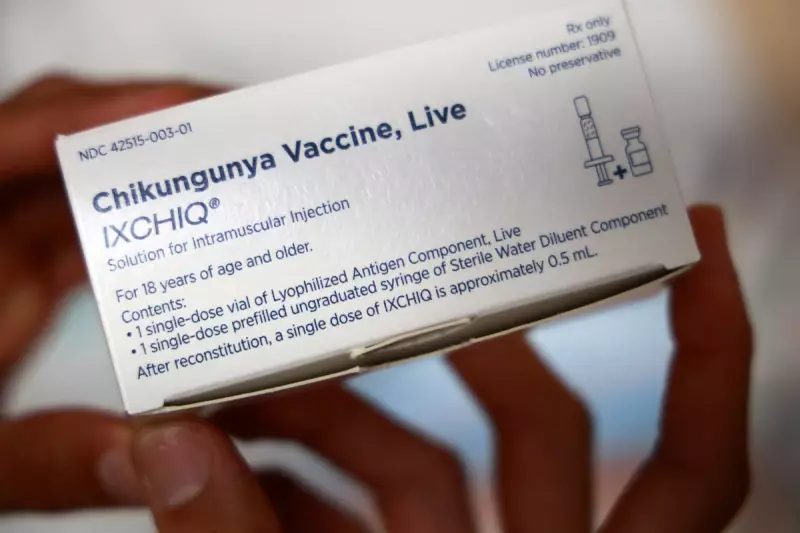
Health authorities in New York have issued a significant public health alert after confirming the first locally-transmitted case of chikungunya virus, a mosquito-borne illness typically found in tropical regions. This development marks a concerning expansion of the virus's reach into temperate climates.
Understanding the Chikungunya Threat
The chikungunya virus, previously confined to Africa, Asia, and the Caribbean, has now demonstrated its ability to establish a foothold in New York. Unlike travel-related cases where individuals contract the virus abroad, this case was acquired locally through mosquito bites within the state.
Key symptoms health officials are urging residents to watch for include:
- Severe joint pain and stiffness that can persist for months
- High fever reaching 40°C (104°F)
- Debilitating muscle pain
- Persistent headaches
- Skin rash and joint swelling
Protection and Prevention Measures
With mosquito season approaching its peak, health experts recommend several protective measures:
- Use EPA-registered insect repellents containing DEET, picaridin, or oil of lemon eucalyptus
- Wear long-sleeved clothing and trousers during dawn and dusk when mosquitoes are most active
- Eliminate standing water around properties where mosquitoes breed
- Ensure window and door screens are properly fitted and intact
Travel Advisory Implications
This development has significant implications for both local residents and travellers. While the risk to most visitors remains low, health officials emphasise that anyone experiencing symptoms after visiting affected areas should seek immediate medical attention and mention their travel history.
"This case serves as a crucial reminder that mosquito-borne diseases are no longer confined to tropical destinations," stated a senior health department official. "Climate changes and global travel patterns are creating new pathways for these viruses to spread."
Public health teams have intensified mosquito surveillance and control measures in the affected region, while medical professionals statewide have been alerted to watch for potential cases.





